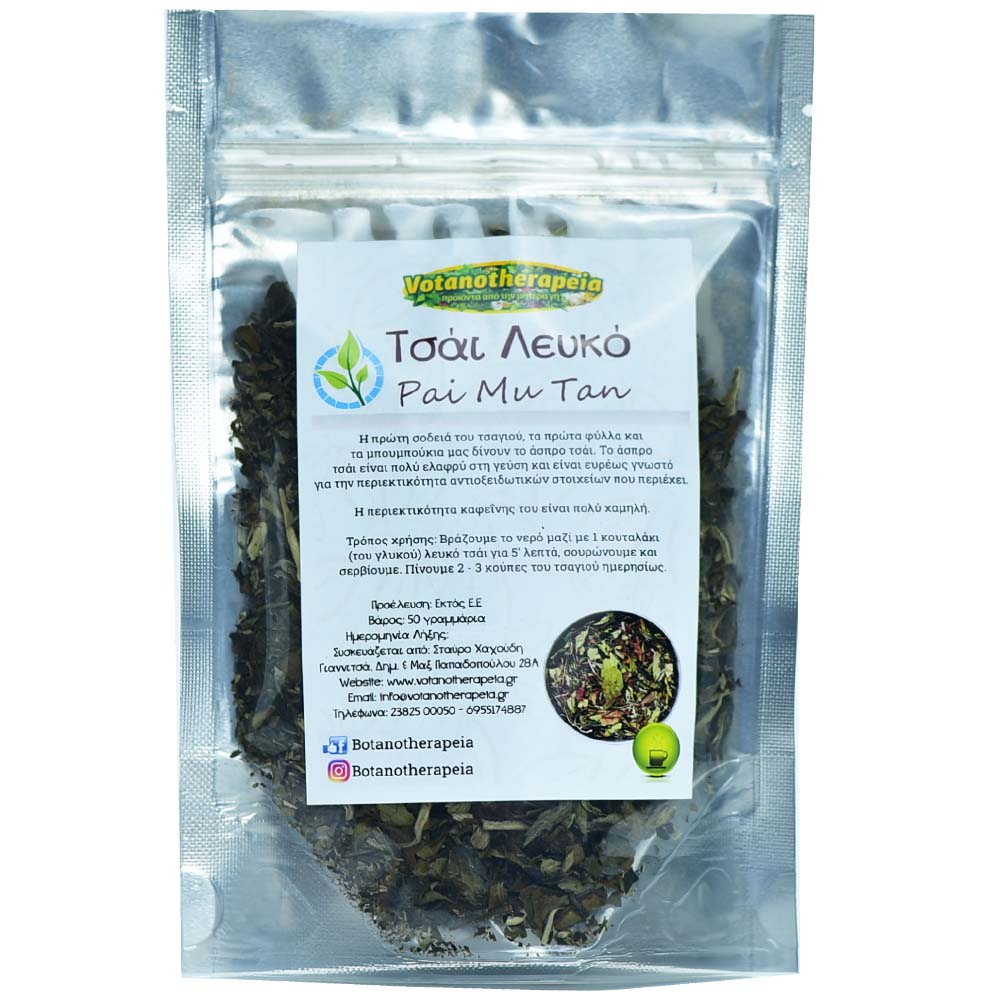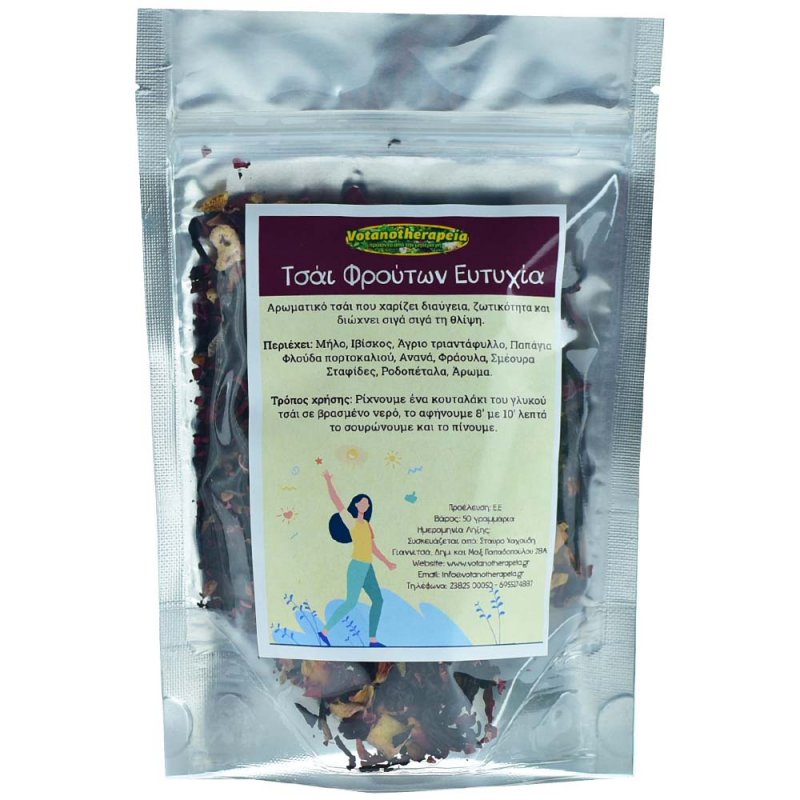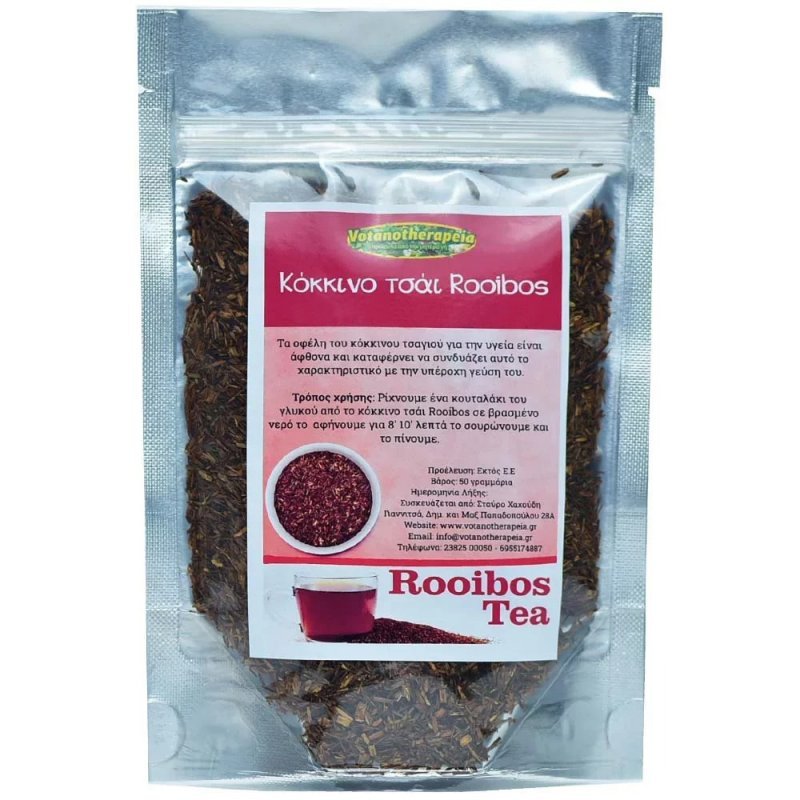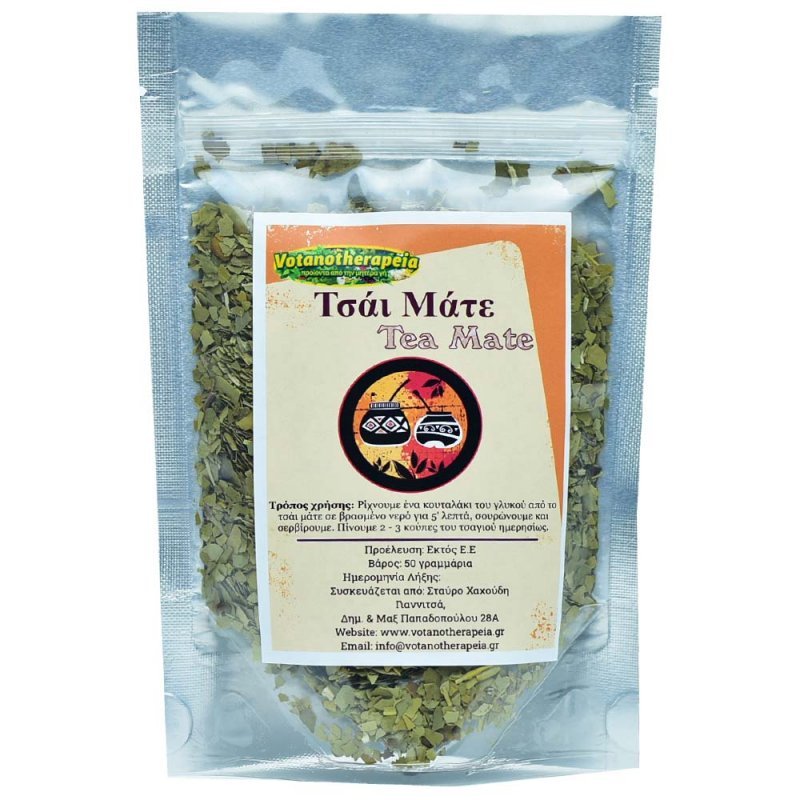The potential therapeutic and soothing properties of tea have been recognized since ancient times, particularly by the peoples of Asia. In recent years, the scientific community has consistently confirmed the health benefits of tea for the human body.
White tea is the least processed variety, which allows it to retain the highest levels of antioxidant compounds. Antioxidants are essential nutrients that protect the body from the harmful effects of free radicals.
Free radicals are produced during various internal processes and can damage human DNA.
Numerous scientific studies conducted in recent years have demonstrated the advantages of consuming white tea in reducing the accumulation of fat cells in adipose tissue. Extracts of white tea have been shown to inhibit the production of new fat cells, leading to the mobilization and breakdown of fatty acids from mature fat cells.
Recent research conducted in Germany studied the biological effects of white tea extract from the less processed Camellia sinensis plant. The researchers highlighted that in developed countries, the rising prevalence of obesity-related conditions, including cardiovascular diseases and diabetes, continues to be a major concern.
The studies suggest that white tea could serve as an effective natural solution with lipolytic action.
Additionally, white tea has been shown to have a beneficial effect on lowering blood pressure due to its blood-thinning properties.
Its caffeine content is very low.
Warnings
The information provided about herbs and their properties is sourced from botanical books, studies, and research. It is not intended as medical advice or a prescription.
Consult your doctor if you are pregnant, breastfeeding, taking medication, or have any health concerns.
- Origin Country :
- Outside EU
- Net Weight :
- 50g
Recommended Daily Dose: Add one teaspoon of yerba mate to boiled water, let it steep for 8 to 10 minutes, strain, and serve.
Suggested Consumption: 2 to 3 cups of tea per day.
Payment Methods & Shipping Costs for Orders Delivered Within Greece (COURIER CENTER, GENIKI TAHYDROMIKI & BOX NOW)
Free Shipping on Orders Over €60! For orders over €60, shipping and cash-on-delivery fees are completely free!
This offer applies only to deliveries within Greece.
1. Payment via Cash on Delivery (Courier Center & Geniki Tahydromiki)
For those who prefer to pay upon delivery, we offer a cash-on-delivery service via Courier Center and Geniki Tahydromiki:
Shipping Cost: €3.00 , Cash-on-Delivery Fee: +€1.50 The Total Cost: €4.50
For orders exceeding 2kg, an additional charge of +€1.00 per extra kilo applies. Cash on delivery is not available for BOX NOW.
2. Payment via Debit/Credit Card & IRIS Payment (Courier Center, Geniki Tahydromiki & BOX NOW)
For a secure and seamless checkout experience, you can pay via VIVA WALLET using:
Shipping Cost with Courier Center and Geniki Tahydromiki: €3.00. Shipping Cost with BOX NOW: €2.50. For orders exceeding 2kg, an additional +€1.00 per extra kilo applies to Courier Center and Geniki Tahydromiki shipments. With BOX NOW, the shipping cost remains fixed regardless of weight.
3. Payment via PayPal (Courier Center, Geniki Tahydromiki & BOX NOW)
Shipping Cost with Courier Center and Geniki Tahydromiki: €3.00. Shipping Cost with BOX NOW: €2.50. For orders exceeding 2kg, an additional +€1.00 per extra kilo applies to Courier Center and Geniki Tahydromiki shipments. With BOX NOW, the shipping cost remains fixed regardless of weight.
Shipping & Payment for Orders to Cyprus (Courier Center) and BOX NOW
For orders shipped to Cyprus, we use Courier Center’s and BOX NOW express air mail service for fast and tracked delivery: Shipping Cost with COURIER CENTER €15.00 (for orders up to 2kg) For each additional kilo: +€4.00 Estimated.
Shipping cost with BOX NOW are a flat €9.50 for orders weighing up to 7KG.
Payment Options: Debit/Credit Card, IRIS Payments & PayPal
*Delivery Time: 1-4 business days (depending on product availability)
Shipping & Payment for Orders to the Rest of Europe (DHL Economy)
For international orders within Europe, we ship via DHL Economy for reliable and fast delivery: Estimated Delivery Time: 7-8 business days.
Payment Options: Debit/Credit Card, IRIS Payments & PayPal
To check your exact shipping cost, simply add your desired products to your cart, proceed to checkout, and select your country. Our system will automatically calculate the shipping fee based on the total weight of your order.
We ensure secure transactions, fast shipping, and premium service for all our customers!
Share your experience!
Write a review and significantly help other users! In order to review this product, having an account on our website is a prerequisite for submitting a review.






